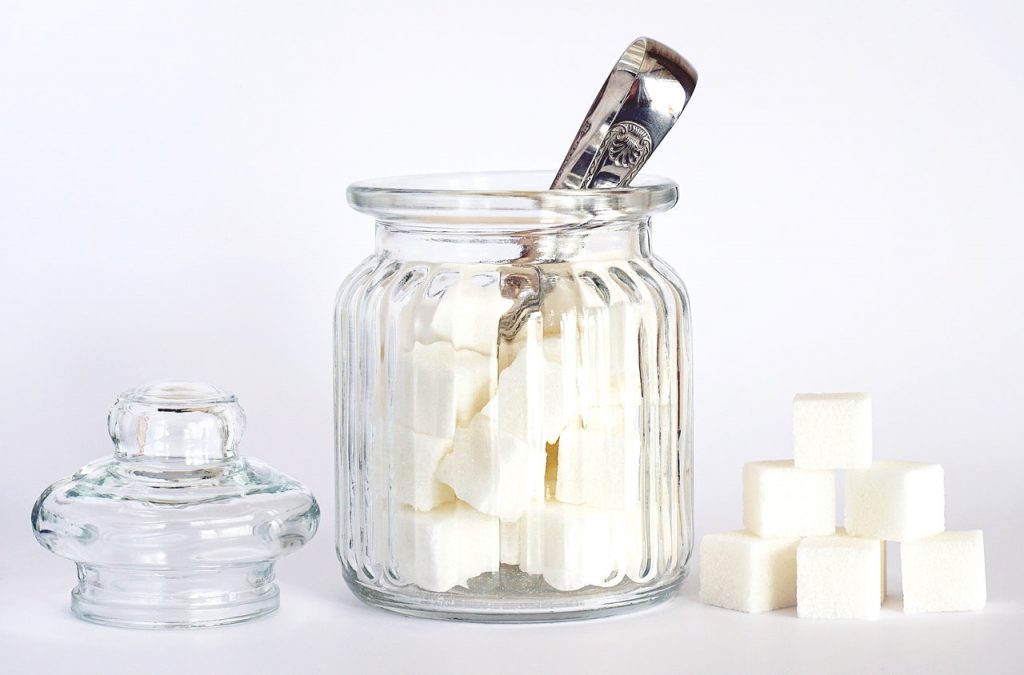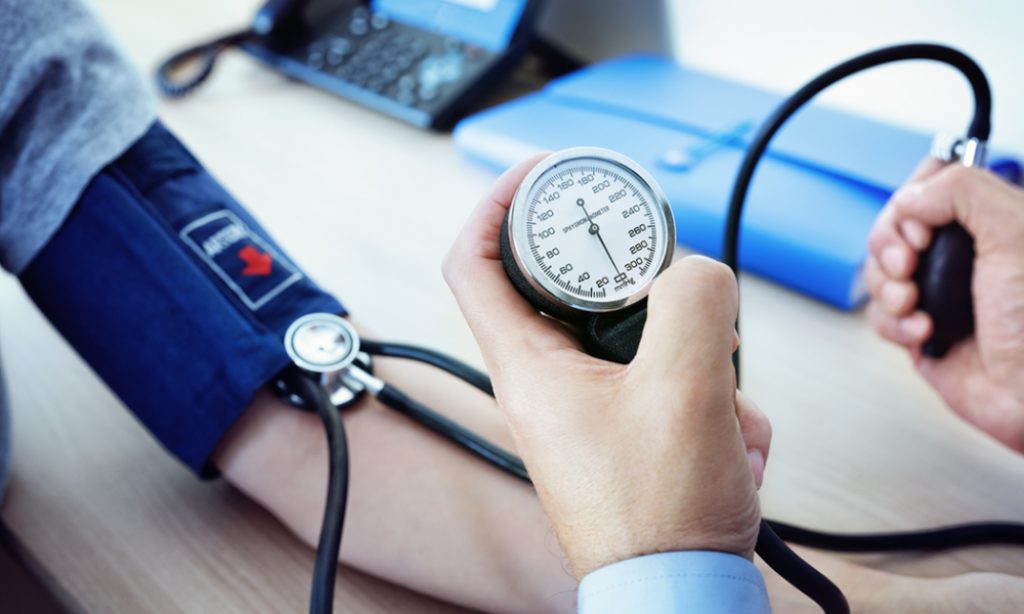
The first culprits that may pop to the top of your mind at the mention of high blood pressure will most likely be high salt intake, obesity, sedentary lifestyle, stress, and alcohol abuse. With these being the most known triggers, you would be right. But did you know there are other less obvious triggers to be wary of? Here are some of the less-known causes of hypertension.
Table of Contents
1. Sleep Apnea

Source: thedoctorweighsin.com
Sleep apnea is a notorious sleep disorder that leads to a sudden stop and start of breathing. Obstructive sleep apnea (OSA) has, in many scientific studies, been found to be a major health concern, particularly in the development of systemic hypertension. According to the National Sleep Foundation, the interruption of your breathing frequencies leads to a drop in oxygen. The brain then immediately alerts the body to increase the supply of oxygen to the brain and the heart, causing the blood vessels to tighten. With repeated drops of oxygen, stress hormones can then be released, raising the heart rate and increasing the risk of hypertension.
2. BPA
A 2014 study shows that the bisphenol A (BPA) chemical found in many consumer plastic cans can seep into drinks and food, leading to a spike in blood pressure. Other publications show that high exposure to this chemical is strongly linked to heart disease and hypertension. BPA is known to disrupt the endocrine system of the human body by imitating estrogen. You can reduce exposure to this chemical by avoiding plastic containers and consuming less canned foods.
3. Sugar

Source: pexels.com
Did you know that salt has become less of a culprit in heart disease and hypertension in the last few decades? An Open Heart study shows that sugar is one of the most significant contributors to high blood pressure. The rationale for this argument is that sugar affects the human body’s metabolic profile negatively, particularly when taken in large amounts. In many studies, sugar has been linked to high cholesterol, insulin resistance, excess weight, high triglycerides, and hypertension. Sugar, when consumed in high amounts, has been found to heighten insulin levels, which in turn activates the sympathetic nervous system, eventually leading to an accelerated heart rate and a spike in blood pressure.
4. Hot Tubs and Saunas
The heat from a hot tub and the comfort brought by a sauna are irresistibly attractive. But surprisingly, they have been linked to increased levels of blood pressure. Overexposure to heat from hot tubs and saunas can lead to severe complications. First, there are high chances that you will eventually suffer from hypertension, depending on how your arteries, blood vessels, and heart respond to the heat. The heat tends to dilate the blood vessels, forcing blood pressure to low levels. The heart reacts to this consequence by pumping blood harder, beating faster, and triggering an increase in blood pressure. Saunas are worse, given that their temperatures are largely uncontrollable.
5. Thyroid Problems

Source: endocrineweb.com
When the thyroid gland fails to produce enough thyroid hormone (hypothyroidism) or produces too much of it (hyperthyroidism), a rise in blood pressure may result. Hypothyroidism is more common among women and is linked to unexplained weight gain, inability to shed weight, dry skin, increased sensitivity to cold, and a change in the menstrual cycle. A thyroid problem of any nature can be diagnosed using the thyroid-stimulating hormone (TSH) test.
6. Medications
Over the counter medication and even those prescribed are purely designed to cure or manage a specific condition. However, certain drugs have been linked to an increased risk of hypertension. Acetaminophen, for instance, has been found to increase the risk, especially when taken daily. Other anti-inflammatory and pain medications can also raise blood pressure, particularly naproxen sodium and ibuprofen. If you are on antidepressants, inhalers, or decongestants, it is advisable to regularly monitor your blood pressure levels.
While some risk factors that could trigger high blood pressure are well known, recent studies point to a whole new set of surprising culprits. Alongside a proper diet, exercise, and any required medication (as found at drfelix.co.uk), it is advisable to have regular blood pressure monitoring.
7. Vitamin D Deficiency

Source: arnicentar.com
According to a meta-analysis, published in 2014 by The Lancet Diabetes & Endocrinology, there is a correlation between high blood pressure and vitamin D. You should read about this as the data is staggering. This analysis, which was conducted on almost 150 thousand people, showed us that people who intake enough vitamin D and are exposed to the sun at regular intervals have fewer issues with blood pressure. If you have problems with high blood pressure and want to check your body for the presence of vitamin D, you can do it by a mere blood test. It won’t take too much of your time today, but it can save your life in the future.
Furthermore, it was shown that if you intake enough of this vitamin on a regular basis, you can lower the risk of hypertension. But, be careful not to take too much vitamin D supplements without a doctor’s supervision. Also, you shouldn’t overexpose yourself to the sun, because that also can be harmful.
8. Loneliness
Having companions in life is essential for our health, and it was proven that the lack of friends and family members could lead to severe health conditions. Once you start suffering from loneliness, your health will deteriorate, you’ll feel less happy, less confident, but your stress levels would increase, which would then be followed by high blood pressure. A study by Chicago University, which was underway for five years, proved that there is a correlation between loneliness and hypertension. Those in the most danger are the elderly and people older than 50. This is why it is essential that you must surround yourself with people you care about. Being around friends relieves stress and lowers the chances of loneliness.
9. Genetics

Source: endocrineweb.com
Scientists who dug deep into this subject claim that you can be genetically predetermined to have high blood pressure. According to them, there are genes in our organisms and DNA that simply cause this condition. With this cause, there is not much anyone can do. What you can do for yourself and your family members, if you are a known family for this condition, is to make sure everyone, including family members and doctors, know that this can pose an issue to your health.
10. Being overweight or obese
By now, this should be a known fact. People who are obese and overweight are at higher risk of having hypertension compared to slimmer people. According to the doctor, more than 40% of patients who have issues with high blood pressure are either obese or overweight. If you find yourself having exes kilograms, you should look to drop a pound or two as you’ll do yourself a favor that way and avoid hypertension. Workout and keep a steady diet, and there shouldn’t be any worries about this condition from your side.







